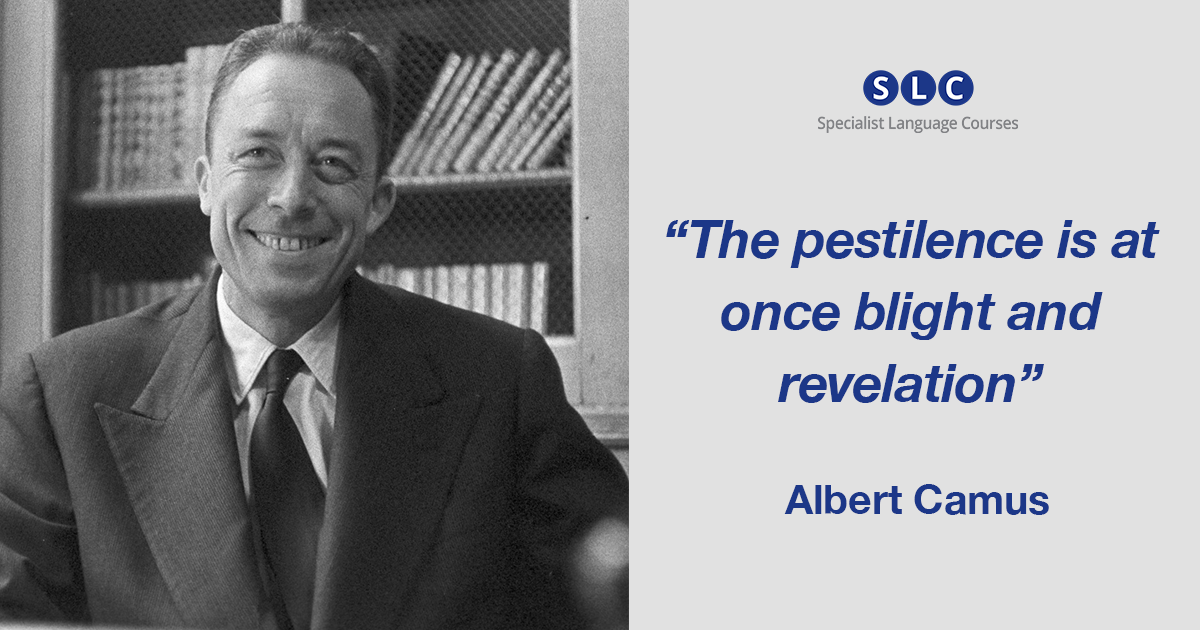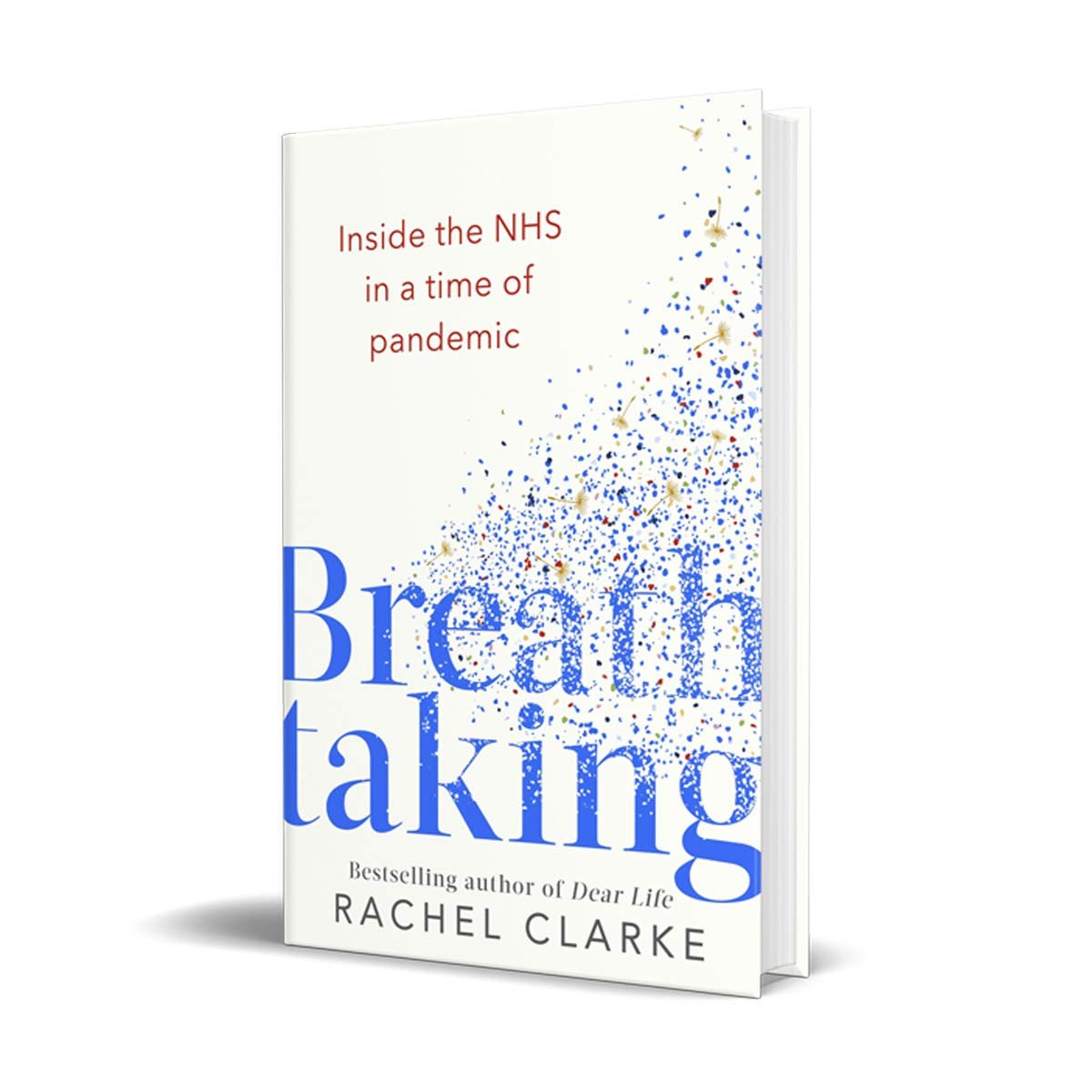Breathtaking by Rachel Clarke
“The pestilence is at once blight and revelation”, wrote Camus in The Plague and quoted by Rachel Clarke, a palliative care doctor working in an Oxford hospital as the pandemic unfolded around her.
This quote in some ways forms a thread through Clarke’s compassionate, angry and often shocking book about the first four months of the pandemic. It’s easy to forget what happened back then as stories of a new virus started emanating from China, South Korea and, closer to home, Italy. How we willingly put our heads in the proverbial sand as we continued to gather in our many thousands at Twickenham, the Cheltenham races, and at Anfield in Liverpool, where Madrid football fans gathered even though lockdown had been declared back home and the WHO had just declared Covid-19 a pandemic. How our leaders continued to shake hands with Covid patients, keep schools open, bars open and planes flying.

The impact this prevarication was to have is captured in the raw, from-the-heart prose that leaps off the pages in Breathtaking. Clarke captures the build up of dread as healthcare professionals monitored international events and warned of what was to come, and of how a trickle of Covid patients turned into a flood that all but overwhelmed hospitals were it not for the titanic efforts of those working there – as well as the many patients who stayed away staying at home rather than risking going to hospital. We see the consequences of this now as 5.7 million sit on NHS waiting lists[1].
Clarke describes the unpreparedness she and others experienced on the frontline as government policy appeared at first to be one of herd immunity until confronted with the prospect of hundreds of thousands of deaths. The lack of PPE, ventilators, and hospital beds. How patients were released untested from hospitals into care homes, only for the virus to wreak havoc among the most  vulnerable. The lack of planning, the inexplicable early abandonment of testing, the constant focus on the ‘number theatre’ of statistics by the country’s leaders, not the heart-breaking reality of lives struck down without warning. She paints vivid pictures of people face-down and dying on crowded wards surrounded by technology, bright lights, and healthcare professionals head-to-toe in protective clothing. She sounds angry, despairing and deeply fatigued.
vulnerable. The lack of planning, the inexplicable early abandonment of testing, the constant focus on the ‘number theatre’ of statistics by the country’s leaders, not the heart-breaking reality of lives struck down without warning. She paints vivid pictures of people face-down and dying on crowded wards surrounded by technology, bright lights, and healthcare professionals head-to-toe in protective clothing. She sounds angry, despairing and deeply fatigued.
However, a strong sense of the fundamental goodness of so many is also highlighted throughout the book – from those making improvised PPE for their local hospitals to the fundraising efforts of Captain Tom and others, to the everyday heroics of nurses, doctors, carers and other healthcare workers. The emphasis on kindness, empathy and compassion as crucial elements of care. The courage and endurance shown by both those who caught Covid and their families and friends unable to see them from fear of catching the virus themselves. The epilogue is written in August 2020 when cases, hospitalisations and deaths had dropped significantly and the book finishes on a hopeful note. However, we now know that the Alpha and Delta variants were still to come, and that the UK has the highest cases and deaths in Europe.
Reading the book 18 months after the events described, I’m reminded of how much we forget in the never-ending scroll of news. Clarke’s writing is incredibly vivid and you feel with her as, exhausted but unable to sleep, she types away at her kitchen table describing what she has just returned from. Breathtaking is a memorable book with memorable stories of both blight and revelation. Read it.
[1] https://www.theguardian.com/society/2021/oct/14/record-england-waiting-list-nhs-hospital-treatment-covid-crisis


